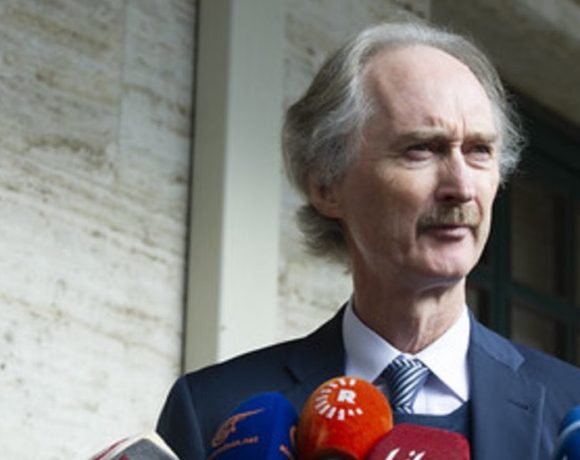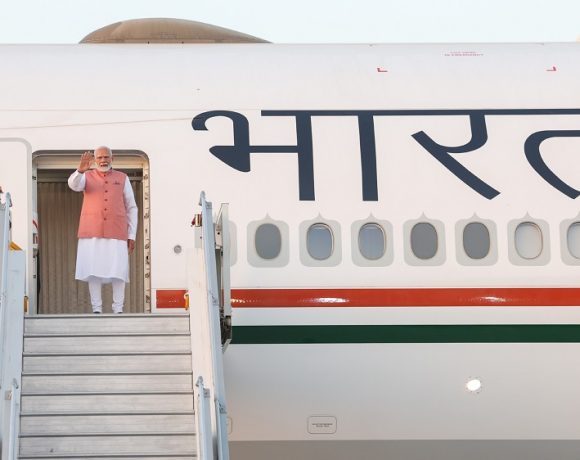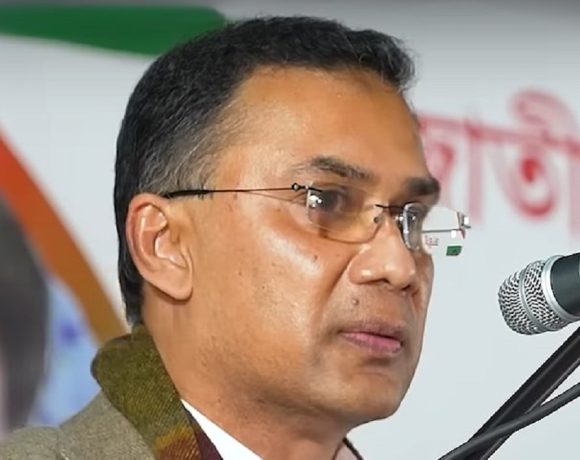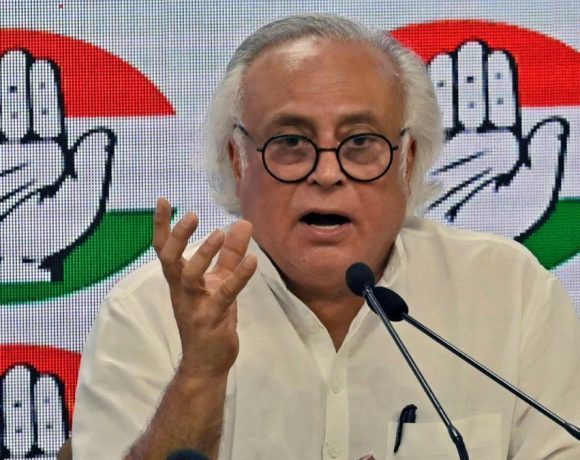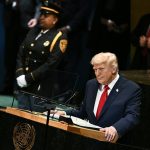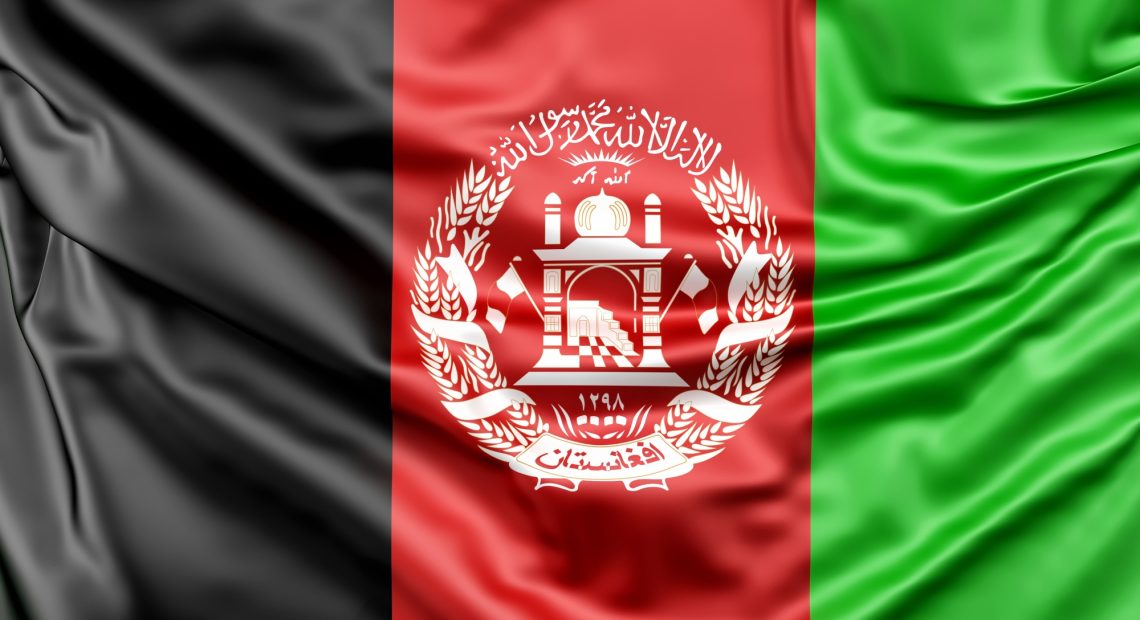
UN Adopts Resolution on Taliban Rule Over US Objections
The United Nations General Assembly has adopted a resolution on the situation in Afghanistan under Taliban rule, moving forward despite vocal opposition from the United States. The resolution reflects the global community’s concern over deteriorating conditions in the country, while attempting to keep channels of engagement open to encourage reforms from the ruling regime in Kabul.
UN resolution
The resolution, passed late on Monday, highlights pressing concerns over the political, humanitarian, and human rights crisis unfolding in Afghanistan. It calls for the establishment of an inclusive political process, respect for women’s rights, and unrestricted humanitarian access. The text also urges the Taliban to fulfill international obligations and end ties with extremist groups operating in the region.
While the resolution does not confer formal recognition to the Taliban government, it outlines key expectations for Afghanistan’s rulers, focusing on governance that respects fundamental rights and promotes internal stability.
US objections
The United States opposed the resolution, arguing that it lacks strong enforcement mechanisms or accountability clauses. Washington officials criticized the measure as being too soft on the Taliban, especially given their ongoing violations of women’s rights, restrictions on education, and reports of public floggings, executions, and media suppression.
According to the U.S., any resolution addressing Afghanistan should include clearer consequences for rights abuses and non-compliance with global norms. American diplomats expressed disappointment that the final language did not adequately reflect the severity of the situation on the ground.
Taliban reality
Since retaking control of Afghanistan in August 2021, the Taliban have reinstated a hardline Islamic governance model. Women and girls have been banned from most forms of education and employment, and religious police have returned to enforce morality codes. The UN and rights groups have described the regime’s policies as amounting to systemic gender discrimination or even gender apartheid.
Meanwhile, the humanitarian crisis continues to deepen. Millions face food insecurity, displacement, and limited access to medical care. The Taliban’s limited engagement with international humanitarian agencies has further complicated relief operations.
International stance
Despite U.S. opposition, the resolution found broad support among other UN member states, many of whom seek a pragmatic approach to dealing with the Taliban. Several countries backed the strategy of conditional engagement—tying any recognition, aid, or cooperation to visible improvements in human rights and governance.
While no country formally recognizes the Taliban as the legitimate government of Afghanistan, many believe continued isolation would only worsen the humanitarian crisis. The resolution therefore reflects a balancing act: applying diplomatic pressure while leaving the door open for reform and stabilization.
As global powers weigh next steps, the resolution offers a measured approach—urging the Taliban toward moderation while signaling that legitimacy on the world stage will remain out of reach without meaningful change.


